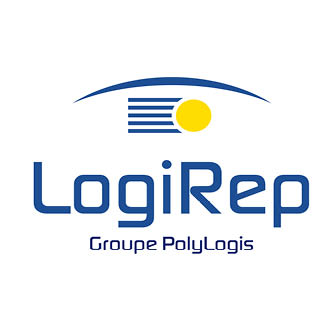
Role within the project
- Experience of large building owners/facility management
- Testing the developed self-inspection and quality assurance techniques in the ongoing consecution site
- Tests and quality checks
- Feedback collection and final assessment
- Supplying the French pilot site
- www.polylogis.fr
Logirep is a subsidiary company of the Polylogis Group, an independent non-profit social housing developer specialized in the construction, renovation and management of social dwellings for low income families, students, young workers, elderly people and the physically impaired.
Polylogis Group, non-profitable limited company, manages more than 60 000 social dwellings. It is one of the most important private social housing actors in France and carries out a public interest activity since the creation of Logirep in 1960. LogiRep manages more than 35 000 dwellings in the regions of Paris and Normandy and offers local authorities its know-how and experience.
It has defined as one of its priorities the energy refurbishment of this building stock; it is therefore willing to implement the European legal framework for energy renovation and is interested in experiencing new and innovative solutions with the objective of achieving ambitious results in terms of energy performance, while keeping costs at a reasonable level to guarantee the social service.
Logirep has carried out several innovative experiences in the field of energy renovation; the energy consumption of refurbished building has been reduced from 400 kWh/m2/year to 50 kWh/m2/year. The first Energy Performance Contracting in the social housing sector in France was signed by Logirep in 2010 for the refurbishment of 231 dwellings in the city of Vitry. More recently, it has launched a benchmark on prefabricated solutions for building external insulation and is now exploring the possibilities of implementing such technologies in its building stock. Logirep has participated in FP5 project EPI-SOHO and is currently coordinating SHELTER project, a 3-years IEE project, focused on the development of collaborative models inspired by the integrated delivery method, for a more efficient organization of the energy renovation process.